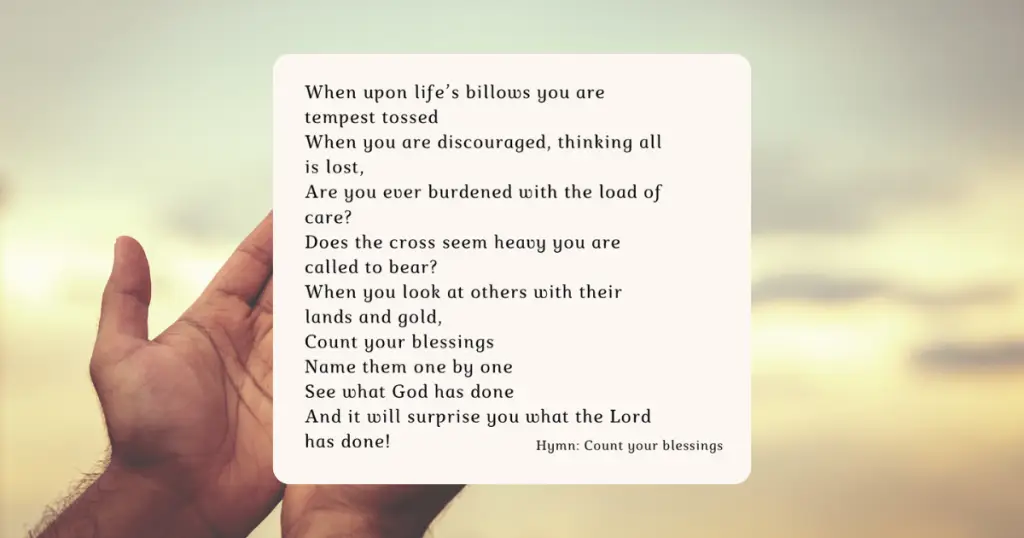Scripture describes Eli’s sons, Hophni and Phinehas, as worthless men. They were priests who treated the Lord’s offerings with contempt, and they slept with the women who served at the entrance of the tent of meeting. They abused their authority, defiled sacred things, and made a mockery of the priesthood.
More heartbreaking than the sins of Hophni and Phineas was Eli’s response. God speaking in 1 Samuel 3:13 said: “I have warned him that judgment is coming upon his family forever, because his sons are blaspheming God and he hasn’t disciplined them”.
Eli heard about it.
He even spoke to them but mildly.
But, he never restrained them.
No action.
No removal from office.
No hard boundaries.
No repentance enforced.
Just words. Empty warnings.
In fact, when the final warning came, he simply said:. “It is the LORD’s will, Let him do what he thinks best.” (1 Samuel 3:18)
To consistently avoid correcting your children out of fear of hurting their feelings is not grace, it’s misplaced honor.
When a parent consistently chooses their child’s comfort, approval, or feelings over obedience to God’s standards, they are, in essence, honoring the child above God. God views this not just as weakness, but as idolatry. God said in 1 Samuel 2:29: “Why do you scorn my sacrifice and offering that I prescribed for my dwelling? Why do you honor your sons more than me by fattening yourselves on the choice parts of every offering made by my people Israel?”
Raising The Strong Willed Child
Somewhere in Eli’s journey, maybe he confused gentleness with godliness. Maybe he didn’t want to rock the boat. Maybe he hoped his sons would come around. Maybe he thought correction would push them further away. Or Maybe he just got tired.
Some children, admittedly, require a bit more from you. We often call them strong-willed. They can make parenting feel like a marathon uphill. But if God gave you that child, He knew you could handle them. So return to Him for strength and wisdom to raise your strong willed child.
Maybe Eli’s sons were like that. Seems like he really had given up on them, so much so, that when he heard they died, he wasn’t shaken. It was the news of the Ark of God being captured that made him fall back and die. He slumped, not from grief over his sons, but from sorrow over God’s glory departing.
The truth is; no matter how hard a child is, God expects us to try. At least, let it be on record with God that you fought for that child’s soul. That you corrected. That you prayed. That you didn’t just give up and go silent. Because like we read in our reflections on Jacob, silence in parenting is not always golden. In fact, it can be deeply destructive.
We see in Eli’s story that even if his sons were difficult, God still expected Eli to act. To correct them. To take a stand. To make it clear that their actions were not condoned. Not just with words, but with restraint.
God said in 1 Samuel 3:13: “I told him that I would judge his house forever for the iniquity that he knew, because his sons were blaspheming God, and he did not restrain them.”
God held Eli accountable, not just for their actions, but for his inaction.
Mercy Was Still on the Table
Perhaps one of the most heart-wrenching aspects of Eli’s story is that God was still willing to forgive. As bad as Hophni and Phinehas had become… As defiled as the priesthood had grown… As grievous as their sins were… God still left room for repentance.
We know this because He didn’t strike them immediately. He sent a prophet to Eli. He sent little Samuel with a word of judgment. He gave time. From the time God delivered a word to Eli through Samuel, we are told that he grew up, the Lord was with him, and everything Samuel said proved to be reliable. And all Israel, from Dan in the north to Beersheba in the south, knew that Samuel was confirmed as a prophet of the Lord. The Lord continued to appear at Shiloh and gave messages to Samuel there at the Tabernacle. (1 Samuel 3:19–21)
So we can reasonably say: God gave Eli and his sons time to repent. They heard the warnings. They had the chance to observe Samuel’s rising favor with God and man. They witnessed God’s presence returning in prophetic clarity. But they did not change. God’s judgment is often preceded by a long season of mercy. He always gives room for repentance (Romans 2:4), but persistent disregard for His voice will eventually lead to consequences.
Because God always prefers mercy over judgment, it’s possible, very possible, that if Eli had taken drastic measures…
If he had not just warned them, but restrained them…
If he had shut down their ministry functions, taken them aside, even confined them somewhere for a while to prevent further defilement while he interceded for their souls…
God could have forgiven them. God could have spared them. But Eli didn’t. He went silent. Because of that, the judgment that could have been averted became final.
Discipline Is a Form of Love
“The Lord disciplines those He loves.” (Hebrews 12:6)
Bishop David Abioye once said: “Let your children cry now, while they’re young, or you’ll be the one crying later.”
When I had my first son, I used to panic every time he cried or even winced. My mother-in-law would calmly tell me to relax. She would say, “That cry is the reason they discharged him from the hospital. If he didn’t cry, they wouldn’t have handed him over to you.”
I’m not saying Eli’s failure to discipline was simply because he didn’t want to see his sons cry, but, for many parents, especially mothers, this is a very common struggle. We equate tears with trauma, forgetting that discipline, when done in love, isn’t abuse, it’s love in action.
Discipline that child now while you can, because if you don’t, they may grow up to ask you why you didn’t. To discipline your child is to love that child, to see him headed for danger and help him get off that track. t’s protection and redirection. It’s how we partner with God to rasie our children to fulfil His purpose. To not discipline when it’s needed is to surrender our children to destruction. To ignore red flags is to fuel future pain.
Love, real love, is sometimes tough. It says: “I’d rather hurt your feelings now than watch you destroy your life later.”
Boundaries Are Safety
I have found that children actually like boundaries. They may push against them, test them, try to wear you out, but deep down, those boundaries communicate safety. They say, “Mom and Dad care about me enough to define what’s right and what’s wrong and insist on me doing the right thing.”
And trust me, they’ll love you for it.
It might not feel like love when you’re enforcing those boundaries and they’re crying or sulking, but I haven’t met a child who was intentionally raised in the way of the Lord who wasn’t grateful for it eventually. Even the ones who had “strict” parents often grow up to say, “I thank God my parents didn’t let me have my way.”
So, dear parents, don’t be passive.
Don’t be soft on sin.
Speak life, but also speak truth.
Correct early. Correct firmly. Correct with love.
If You’ve Already Missed It
Maybe you read this and your heart sank. Maybe your children are older, and the damage seems done. Sincerely, God’s mercy is not just for our sins, it’s also for our parenting. Repent where you need to. Cry where you must. But then, rise.
Start to rebuild. Intercede. Speak life. Confront patterns. Set boundaries. Seek counsel. Call things by their name. God is able to restore, even when the years seem lost.
Let it not be said of us that we didn’t try.
Let it not be said that we were too soft, too distracted, too weary, or too late.
Let it be said that we stood in the gap.
That we fought.
That we enforced.
That we wept and wrestled for our children’s souls and destinies.
That we spoke, when silence was easier.
Let it be recorded that we did not give up.
Parenting isn’t for the faint of heart.
But grace is available for every parent who dares to stand in ceaseless intercession for their children






